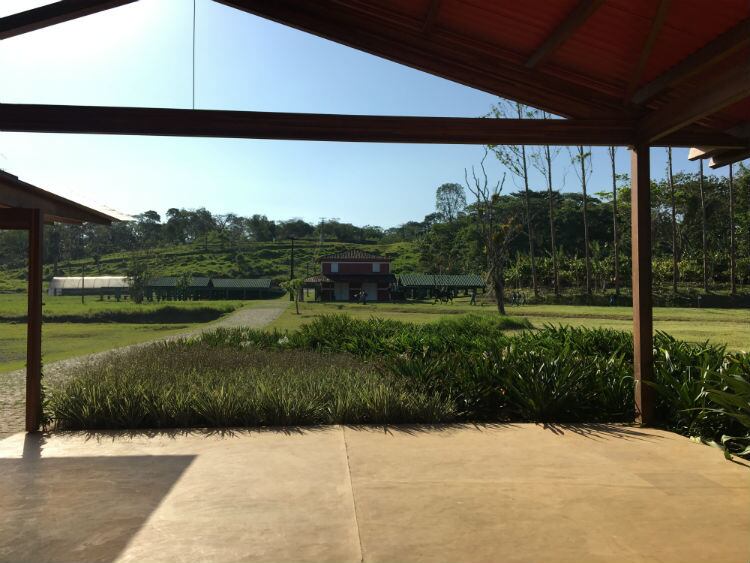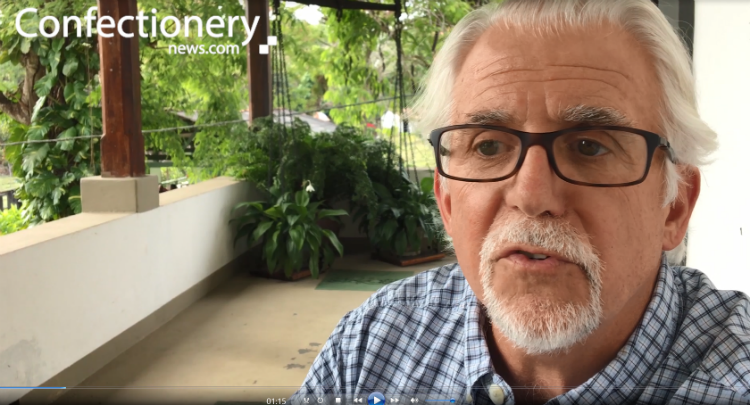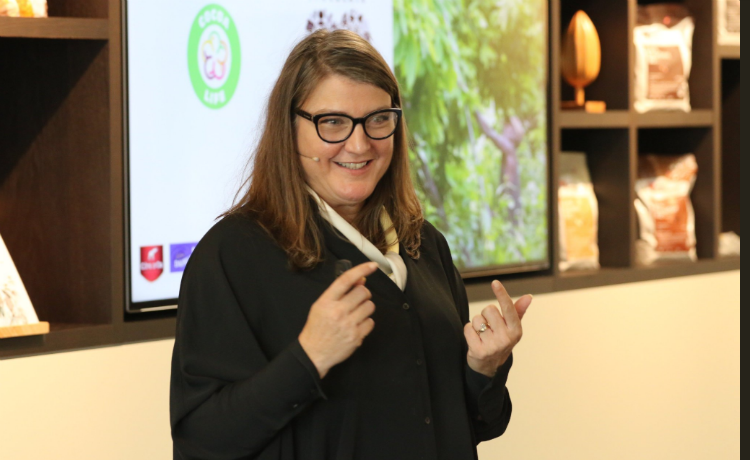About CEPLAC
CEPLAC is Brazil’s public institution focused on cocoa research and rural extension with the goal of promoting competitiveness and sustainability in the industry.
The government set it up during the economic crisis in 1957. Its main office is in Brasília, with facilities in six producing states such as Bahia, Pará, Espírito Santo, Amazônia, Rondônia and Mato Grosso. Among CEPLAC’s priorities are recovering the regional economy, fighting against diseases such as Witches’ Broom, promoting agricultural diversity and environmental preservation, and supporting the expansion of new plantings.
Raul René Valle, the head of the CEPLAC, accompanied by researchers Uilson Vanderlei, Neyde Alice Bello, José Raimundo Bonadie, Demosthenes de Carvalho and George Sodré, explained to delegates from the World Cocoa Federation Partnership Meeting (held in Sao Paulo) the successful work carried out by the body in developing a sustainable and productive cocoa industry for Bahia and other important areas of agro-forestry in Brazil.
In the video, two of the researchers explain how rubber trees are providing valuable protection to cocoa trees and how farmers can learn from CEPLAC'S work and adapt more sustainable practices to keep the forests intact.



